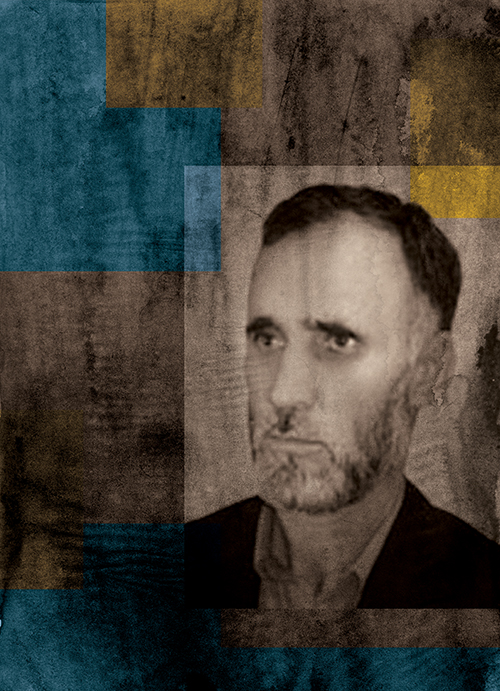Bakht Mohammad Bakhtiar is the Director of the Social Sciences Centre of Afghanistan. He studied for his master’s degree in law in Kiev under the Soviet rule and became a member of the Academy of Sciences. He has as published many articles and has also served as Information Officer in the Independent Elections Commission.
What are the important achievements of the new era in Afghanistan?
The approval and signing of the Constitution, the peaceful transition of power in the post-Taliban period without bloodshed and women’s participation in various fields are important achievements.
Which developments give you hope for the future?
The development of a human rights culture, where rights are provided and generalised, has been very valuable.
What do you fear most today?
I fear the loss of the important achievements of the past decade. It is very likely we will go back to the dark days of the past if the Western colonialist powers leave us. Despite all the shortcomings of the intervention, they were nonetheless a sizeable force stopping a return to the past.
What are the biggest challenges facing Afghanistan?
One of the greatest challenges that Afghanistan has always faced and is currently facing is the interference of foreign countries and neighbouring states in our affairs. Also, rampant administrative corruption is increasingly harming our credibility and the drug trade poses a massive challenge.
Is it possible that girls could once again be banned from schools and women excluded from social participation, as was the case under the Taliban rule?
Yes! If the Western countries and NATO leave us, that is exactly what will happen! We will return to the dark days of the past if we are not careful.
Have the rights of any of your female family members ever been violated?
My two daughters were forced out of education under the Taliban. We were forced to migrate to Pakistan and my family had to weave carpets with me to make a living. It was a hard work that we had to do in awful, unhealthy underground workshops.
Which factors deter women from participating in social, economic, political and cultural spheres?
Sexual discrimination, reprehensible culture and customs, and improper interpretations of religion pose obstacles for women.
What do women demand?
Access to education, work and employment, equal access to facilities, and self-determination.
Which sources and centres of power can women rely on to promote their rights and demands?
The Ministry of Women’s Affairs, the Afghanistan Independent Human Rights Commission, and the media.
What do you wish for your daughter?
I want my daughters to be able to continue their higher education to become doctors and serve the people.
What have you done in your personal and professional life to fight against discrimination?
In my private life, I have endeavoured to help my sisters study and to choose their husbands without interference from other people, which is also what I wish for my daughters. In the public domain, my articles and writings show how much I have fought against discrimination.
Do you have a specific message to share?
I hope the day will come when we will not witness violation of rights and injustice and the people elect their leaders without foreign interference.
“Unveiling Afghanistan, the Unheard Voices of Progress” is a campaign by Armanshahr and FIDH, which explores views held by Afghan civil society actors. Over 50 days, 50 influential social, political, and cultural actors hope to spark conversation and debate about building a society that is inclusive of women’s and human rights in Afghanistan.
Follow 50 interviews drawn from the “Unveiling Afghanistan campaign” daily on the Huffington Post. Follow Unveiling Afghanistan on FIDH Twitter: www.twitter.com/fidh_en


